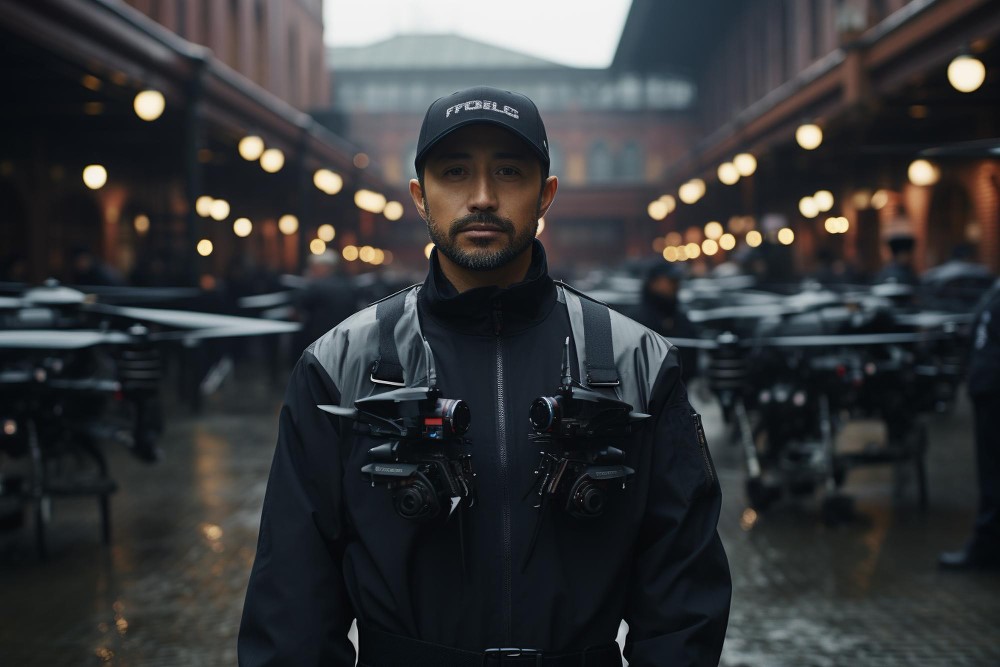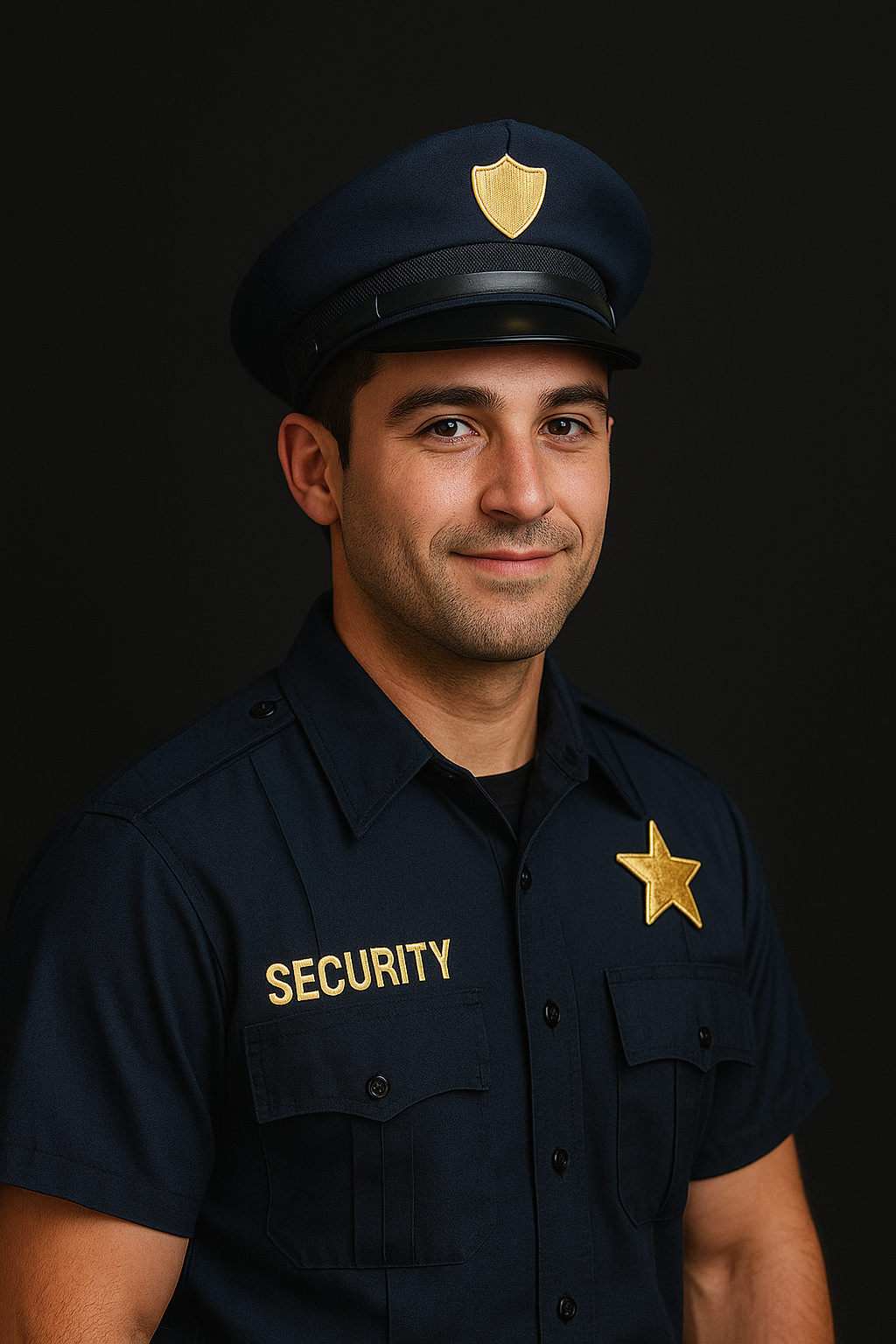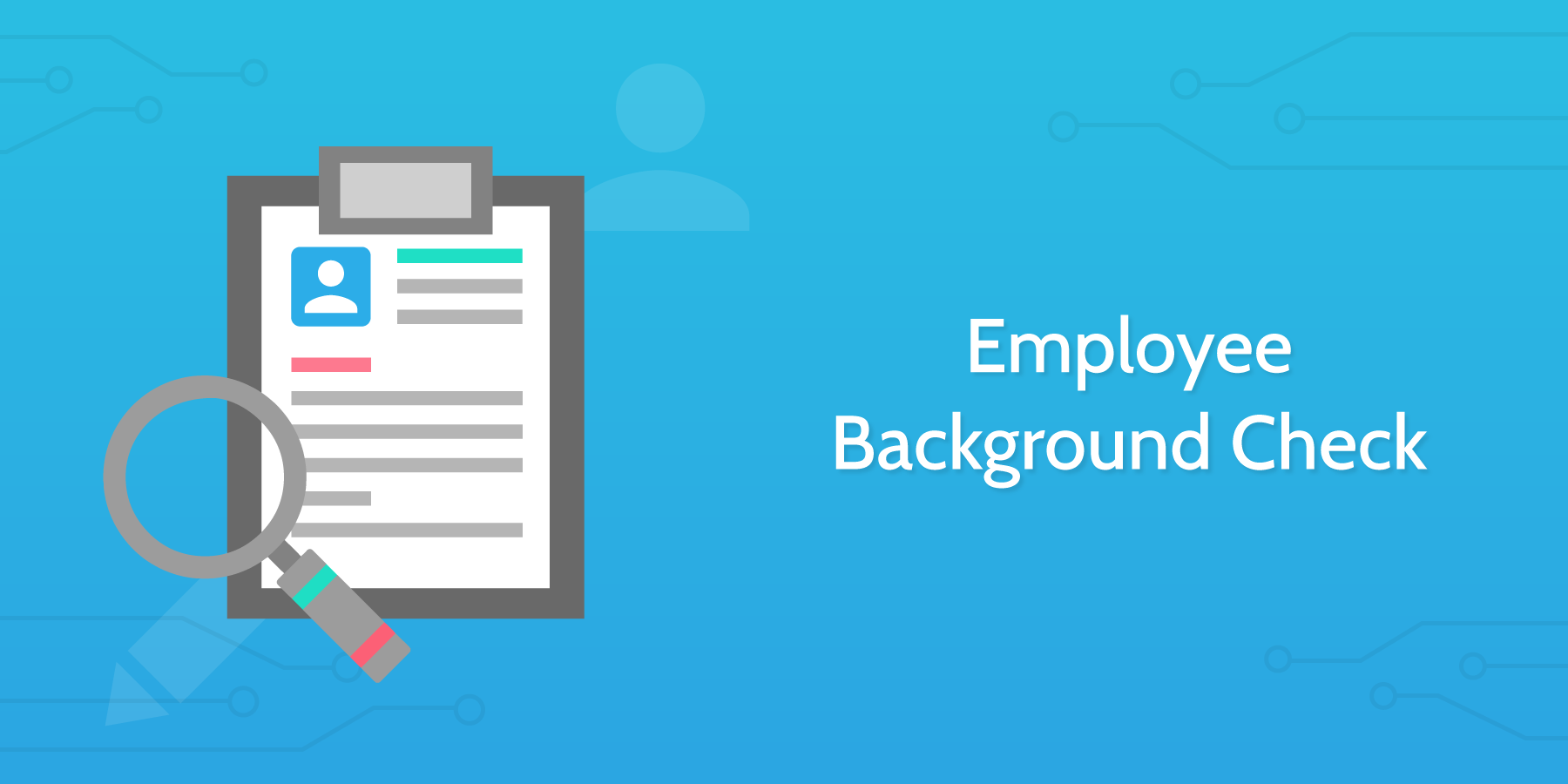
- Home
- Career Paths, Retail Security
- Retail Loss Prevention: What You Need to Know
Retail Loss Prevention: What You Need to Know

Protecting Profits, People, and Property in the Retail Industry
Retail security is one of the fastest-growing areas within the private security sector. As theft, fraud, and organized retail crime continue to rise, the demand for skilled Loss Prevention Officers (LPOs) is stronger than ever.
Whether you’re a job seeker looking to enter this dynamic field or a business owner trying to understand the role of retail security better, this post will walk you through what loss prevention is, why it matters, and how professionals in this space make a measurable impact on a company’s bottom line.
What Is Retail Loss Prevention?
Loss prevention refers to the strategies and measures used by retailers to reduce theft, fraud, and other inventory shrinkage. It’s not just about catching shoplifters — it’s about identifying patterns, reducing risk, and safeguarding both merchandise and customers.
Loss prevention professionals work closely with retail staff, management, and in many cases, law enforcement, to detect and deter both internal and external theft.
Key Duties of a Loss Prevention Officer
While responsibilities can vary depending on the store or company size, the typical duties include:
Monitoring surveillance systems
LPOs actively watch live feeds to identify suspicious activity or security breaches.Patrolling the sales floor
A visible presence acts as a deterrent to potential shoplifters.Apprehending suspects
Trained LPOs may detain shoplifters safely and legally until law enforcement arrives.Conducting employee audits
Internal theft is a major issue in retail. LPOs help monitor register activity and backroom access.Report writing and documentation
After any incident, detailed reports are required to support legal or disciplinary action.Collaborating with management
LPOs may assist in implementing anti-theft policies, training staff, and adjusting store layouts for improved visibility.

Top Skills Required for Success in Loss Prevention
Being successful in loss prevention takes a mix of observation skills, interpersonal savvy, and quick thinking.
Here are the top qualities that employers look for:
🧠 Attention to Detail
Noticing small behaviors, patterns, or inconsistencies is critical.
🗣️ Strong Communication
You must communicate clearly with store staff, customers, and potentially law enforcement — often under pressure.
🛑 Conflict Management & De-Escalation
Knowing how to defuse a tense situation without physical confrontation is a key part of the role.
📊 Analytical Thinking
LPOs often analyze trends in loss data or suspicious behavior to propose changes in store procedures.
📋 Understanding of Store Policy & Law
Knowing what’s legal in terms of detaining individuals and using force is essential for compliance and safety.
Tools Used in Retail Security
Modern loss prevention goes beyond walkie-talkies and security mirrors. Today’s LPOs may use:
Digital video surveillance (CCTV)
Electronic article surveillance (EAS) systems
Body-worn cameras
Access control systems
Incident management software
AI and behavior analytics (in larger stores)
Being tech-savvy gives LPOs an advantage in today’s evolving retail environment.
Career Pathways in Retail Security
Many successful security professionals get their start in retail. A role in loss prevention can lead to:
Store Security Supervisor
Regional Loss Prevention Manager
Corporate Security Analyst
Private Investigator
Internal Affairs / Fraud Prevention
With experience and additional training, you can move into leadership roles or transition into more specialized security functions.
How to Get Started in Loss Prevention
Get Certified – While many entry-level positions don’t require licensing, some employers prefer candidates with basic security training or a state guard card.
Apply to Entry-Level Retail Jobs – Many retailers offer on-the-job training.
Build Situational Awareness – Practice observing customer behavior and learning how retail operations work.
Stay Updated on Industry Trends – Learn about common theft tactics and new technologies in the field.
Consider Additional Training – Courses in conflict resolution, surveillance, or fraud detection can give you an edge.
Final Thoughts
Retail loss prevention is more than just “watching the cameras.” It’s a high-responsibility, fast-paced career that combines customer service, security, investigation, and leadership. For those who enjoy staying alert, working with people, and contributing to a safer shopping experience, it’s a great path into the broader world of security.
And as long as there are stores to protect and products to secure, loss prevention officers will always be in demand.
Looking for a career change? Browse our job listings now!






